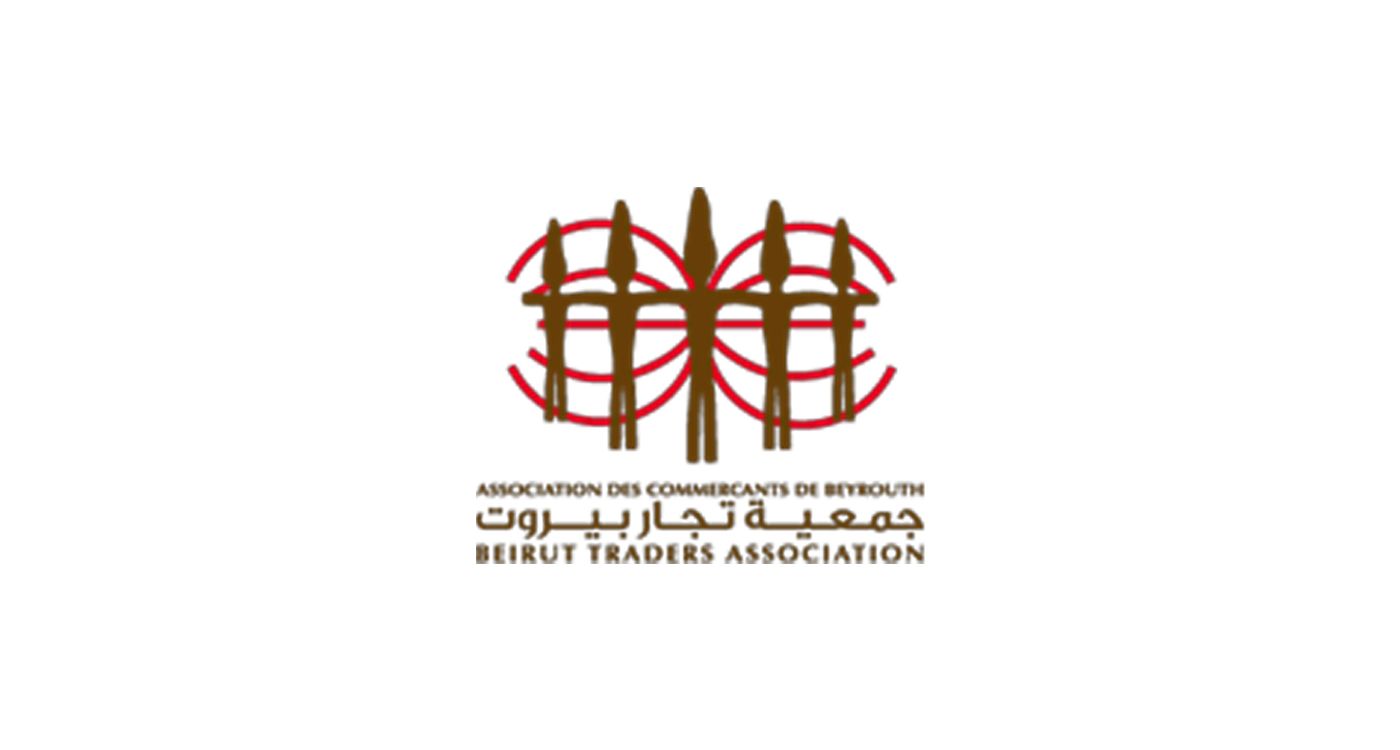
The latest Retail Trade Index published by the Beirut Traders Association and Fransabank for the first quarter of 2025 is bluntly titled: “A cautiously optimistic start to the year… but commercial activity remains sluggish.” A headline that reflects a climate both promising and uncertain.
The optimism stems largely from notable political developments: the long-awaited election of a president, the formation of a new government and renewed pledges of economic and institutional reforms. These steps have helped rekindle some investor confidence—particularly among members of the Lebanese diaspora—further buoyed by resumed discussions with the International Monetary Fund (IMF) and a warming of ties with Gulf states.
Yet despite this positive political backdrop, retail performance tells a different story. The index fell to 30.01 in Q1 2025, down from 31.37 in the previous quarter. For context, the index uses Q4 2019—the eve of Lebanon’s economic collapse—as its base of 100. This sharp decline highlights the persistent gap between current consumer activity and pre-crisis norms.
Even the presence of expatriates during the Eid al-Fitr holiday and the relative calm on the political front failed to spark meaningful retail momentum. Economic and monetary uncertainties continue to weigh heavily on household spending, as Lebanese citizens remain skeptical and await tangible progress on fiscal and financial reforms.
The statistics are sobering: real quarterly consumption fell by 14.92% (excluding fuel), while year-on-year consumption dropped 10.77%. Fuel sales were the rare outlier, surging by 29.24% in volume—an increase attributed to improved supply and higher mobility among households.
Inflation, meanwhile, is accelerating. Annual inflation reached 20.74%, while quarterly inflation spiked to 14.19%, more than doubling the previous quarter’s 6.86%. This inflationary surge continues to erode purchasing power, with occasional wage adjustments doing little to offset the pressure on consumers.
On the institutional side, there are some signs of resilience. The Banque du Liban has raised its foreign exchange reserves to $11 billion, and Lebanon’s gold reserves now stand at $30 billion, bolstered by rising global prices. However, the country remains on the Financial Action Task Force’s (FATF) grey list, hindering international banking operations and further complicating trade for merchants.
Compounding the problem is the ongoing discrepancy between the dollarized nature of Lebanon’s real economy and the persistence of official transactions in Lebanese pounds. This duality continues to generate accounting confusion, particularly in valuing inventory and managing exchange rate fluctuations.
Retailers are treading water, waiting for a decisive shift—both economically and politically. As tensions simmer in southern Lebanon and internal vulnerabilities persist, hopes for a full economic recovery hinge on the successful implementation of reforms and a stable policy roadmap. Until then, Lebanon’s retail sector remains cautiously optimistic but firmly entrenched in uncertainty.



Comments